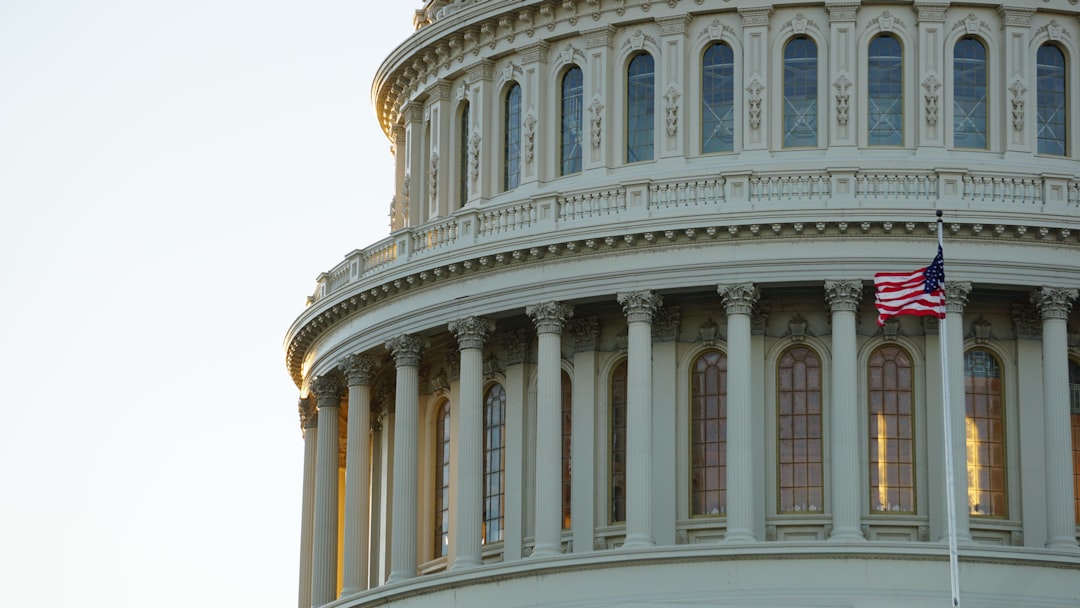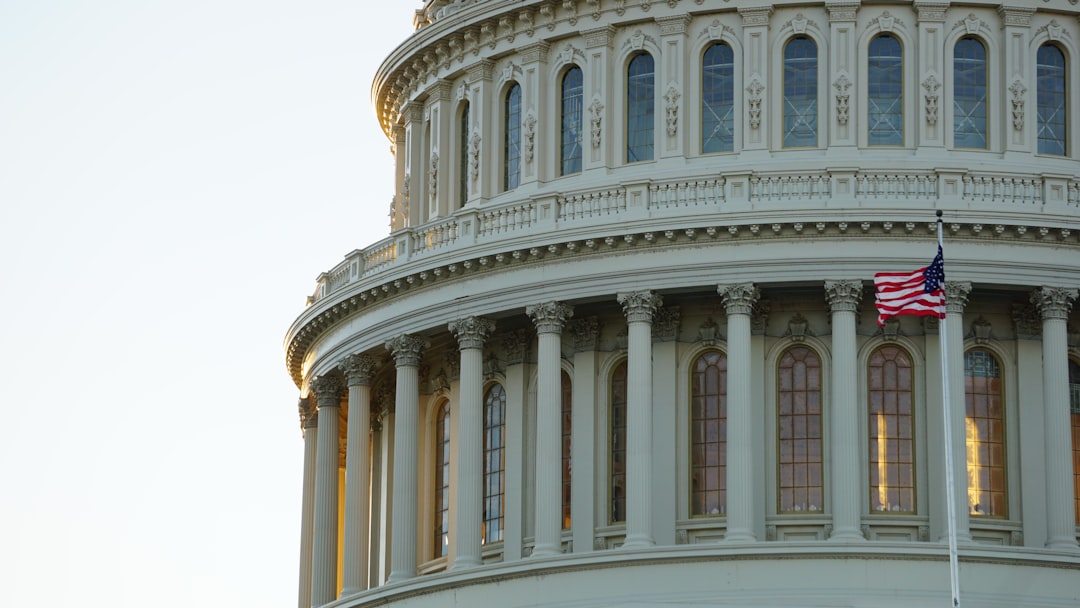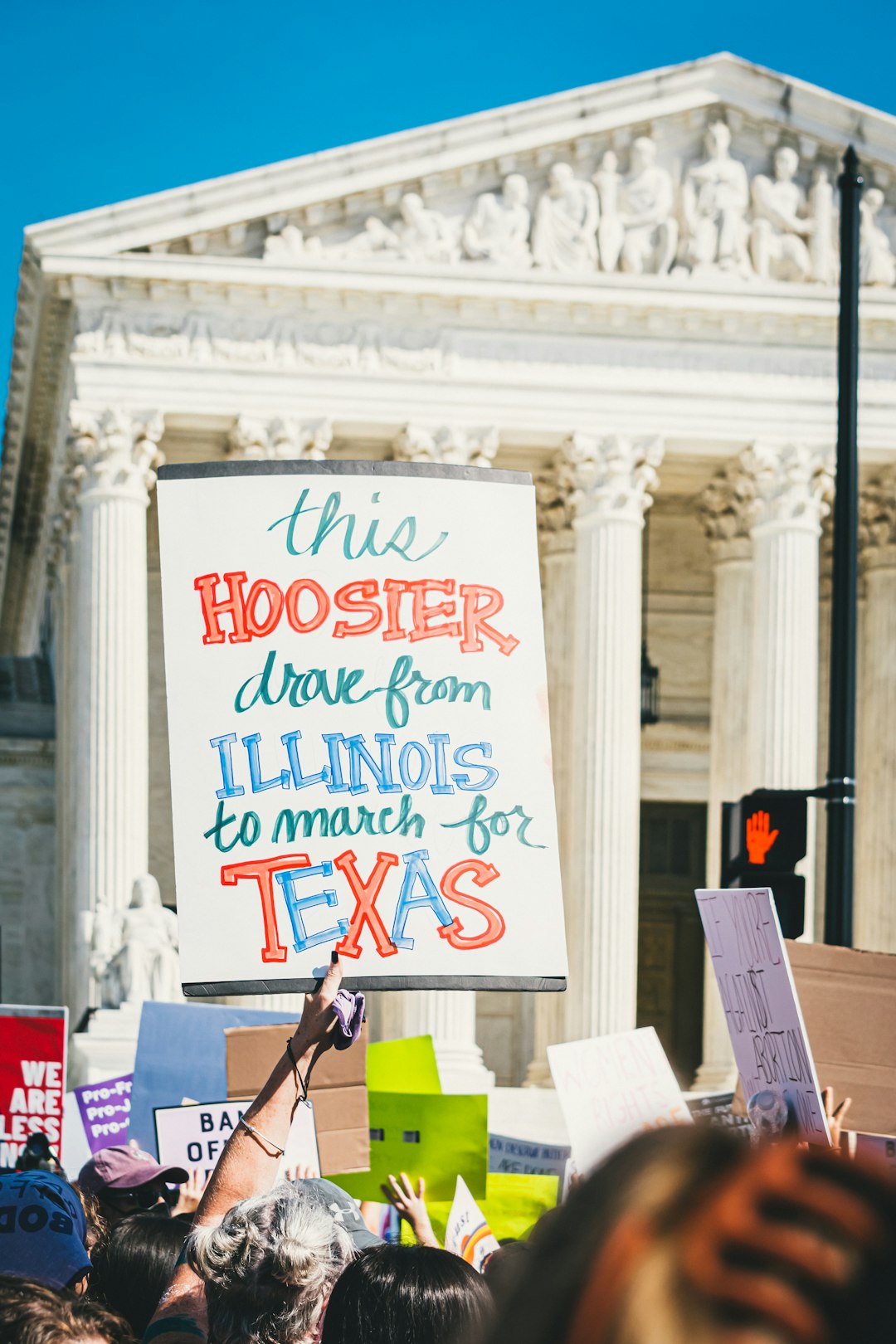Recent FCC rulings have significantly reduced spam calls in Washington D.C. by empowering consumers with the National Do Not Call Registry and stricter enforcement against spam call lawyers DC. These changes have led to improved privacy and consumer satisfaction, although residents must remain vigilant by using call-blocking apps, registering their numbers, and being cautious about sharing contact information. Consulting a spam call lawyer in DC can help navigate legal complexities, secure justice, and provide compensation for excessive spam calls.
Recent Federal Communications Commission (FCC) rulings aim to curb excessive spam calls, offering much-needed relief for residents of Washington D.C. While these measures promise a quieter, more peaceful environment, many locals are still grappling with the aftermath. This article delves into the FCC’s recent spam call regulations, explores their real-world impact on DC residents, and equips you with strategies to safeguard against illegal calls. Discover your legal options with top-rated spam call lawyers in DC.
Understanding the FCC's Recent Rulings on Spam Calls

Recent Federal Communications Commission (FCC) rulings have significantly impacted residents of Washington D.C., particularly in terms of spam calls. These decisions aim to protect consumers from unwanted and nuisance calls, a growing concern for many DC residents. The FCC has been actively cracking down on telemarketing practices by implementing stricter regulations and penalties for violators, including spam call lawyers DC.
The new rules give consumers more control over their phone lines by allowing them to register their numbers on the National Do Not Call Registry. This means that automated or prerecorded calls are now restricted, unless the caller has obtained prior express consent from the recipient. Such measures have been well-received by DC residents who had previously expressed frustration with relentless spam calls, highlighting the positive impact of these FCC rulings on enhancing privacy and reducing consumer annoyance.
The Impact on Residents of Washington D.C.

The recent FCC rulings have significantly impacted residents of Washington D.C., particularly in their daily interactions with communication services. One of the most notable changes is the enhanced protection against spam calls, which has been a persistent issue for many locals. With stricter regulations in place, residents can now expect fewer unwanted telemarketing calls, offering them more control over their privacy. This shift is especially beneficial for those who have long dealt with excessive spam, and it’s a welcome relief for many Washingtonians.
Additionally, these new rules have prompted a surge in demand for services related to spam call protection, including consultation from spam call lawyers DC. Residents are becoming more proactive in understanding their rights and taking measures to safeguard against potential legal issues arising from unwanted communication. As a result, local businesses specializing in telecommunications law are witnessing an increase in inquiries, ensuring that Washington D.C. residents are better equipped to navigate this new regulatory landscape.
How to Protect Yourself and What Legal Options Are Available

With recent FCC rulings changing the landscape of phone regulations, residents of Washington D.C. need to be more vigilant than ever to protect themselves from unwanted spam calls. While the new rules aim to curb robocalls, they also create a new environment where malicious actors could exploit loopholes. To safeguard yourself, it’s crucial to use available tools like call-blocking apps and register your number on the National Do Not Call Registry. Additionally, be cautious about sharing your phone number online or with unknown entities.
If you do encounter a barrage of spam calls despite your best efforts, consulting a spam call lawyer in DC could be beneficial. These legal experts specialize in navigating complex telecommunications laws to secure justice and compensation for victims. They can help you understand your rights, file complaints against offending parties, and even pursue litigation if necessary. Remember, knowing your options is key to staying protected in this evolving regulatory landscape.






